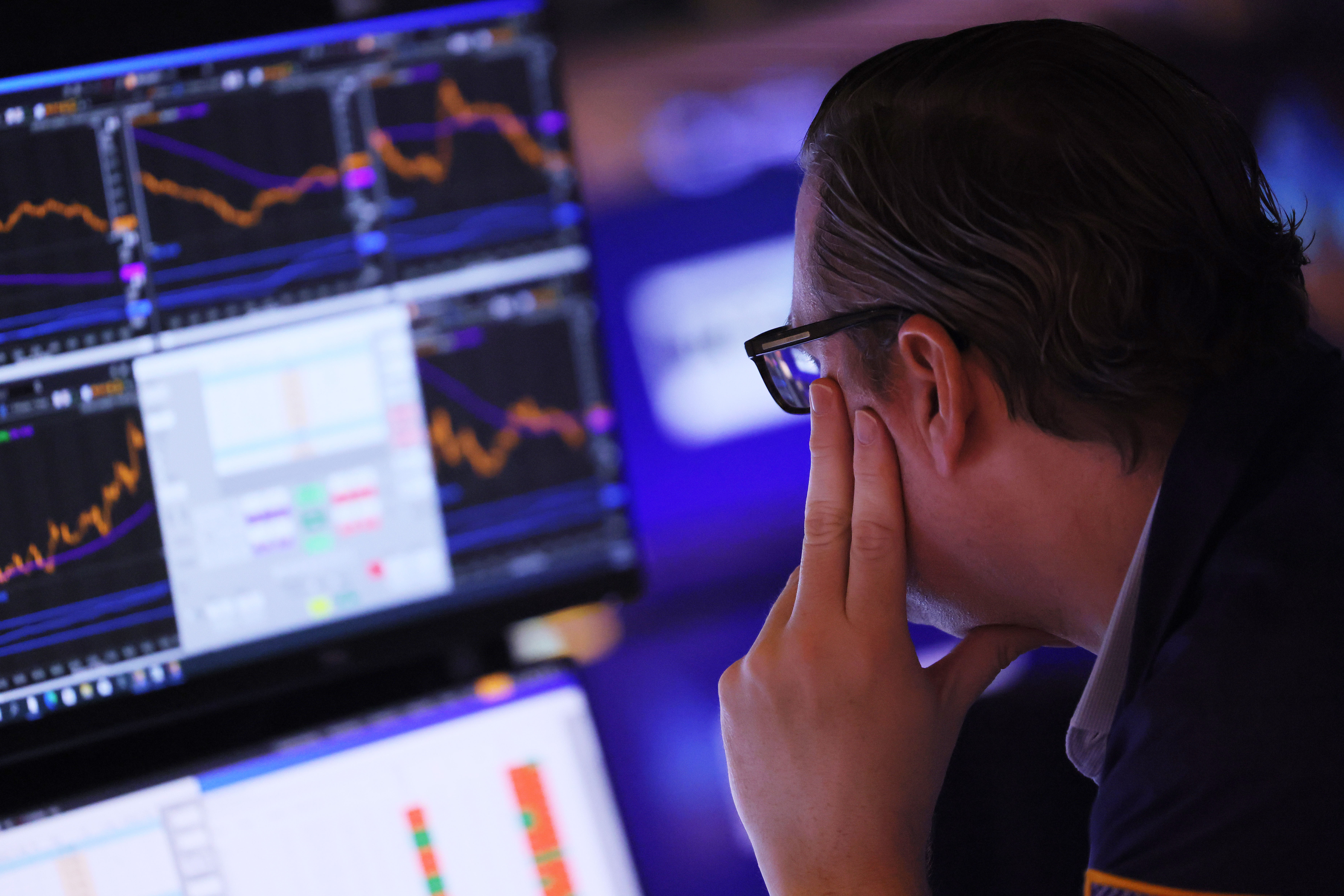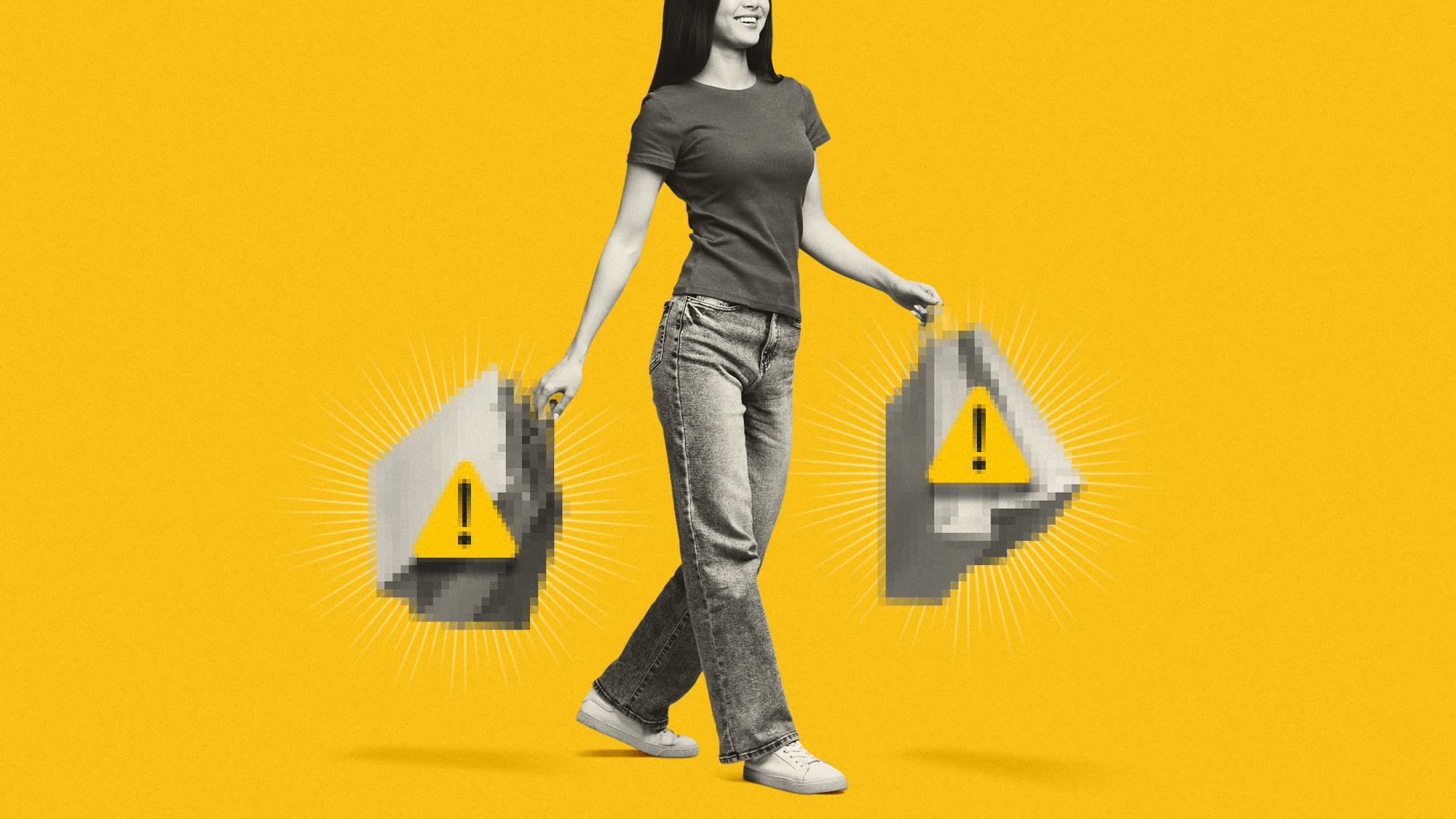Is the economy headed for a 'soft landing'?
The outlook is improving as inflation falls. Is a recession becoming less likely?

A free daily email with the biggest news stories of the day – and the best features from TheWeek.com
You are now subscribed
Your newsletter sign-up was successful
The smartest insight and analysis, from all perspectives, rounded up from around the web:
"Predictions of a 'soft landing'" for the economy are "proliferating," said Paul Krugman in The New York Times — and they are starting to appear justified. The latest consumer prices report, showing inflation down to 6.5 percent from 9 percent in June, was "really good news. I mean, really, really good news." I was too optimistic about inflation, and some of my arguments last year that the jump in prices was a "transitory" result of the pandemic "aged poorly." The "inflation pessimists" are probably overshooting the mark, making the same "mistakes inflation optimists were making a year and a half ago." If you consider just the past six months, consumer prices have actually risen at a rate of only 2 percent. It looks increasingly like it won't take a severe recession to get inflation under control. The biggest danger to the economy may be that we "get one anyway if the Fed brakes too hard."
Another positive sign is that the "rise in worker pay is slowing after hitting a 40-year high," said Jeffry Bartash in MarketWatch. In December, wages showed the smallest increase in a year. That's something of a surprise, because we are still seeing "the tightest labor market in decades, if not in U.S. history." And it might be discouraging for workers hoping for raises. But if wage growth settles down, the Fed can tamp down its rate increases, raising the odds of a "Goldilocks scenario in which the Fed successfully vanquishes high inflation while avoiding recession."
The Week
Escape your echo chamber. Get the facts behind the news, plus analysis from multiple perspectives.

Sign up for The Week's Free Newsletters
From our morning news briefing to a weekly Good News Newsletter, get the best of The Week delivered directly to your inbox.
From our morning news briefing to a weekly Good News Newsletter, get the best of The Week delivered directly to your inbox.
But "don't celebrate yet," said Allison Schrager in Bloomberg. The Fed's goal of "immaculate disinflation" — with price increases subsiding while unemployment stays low — is not assured. Even a soft landing may not be as soft as it sounds, as high interest rates "could destabilize the financial system or pose problems for companies that have become dependent on cheap debt." The longer the battle against inflation goes on, "the more households will burn through their savings. There already is evidence that they are running up credit-card debt." That echoes a message from America's three biggest banks, whose customers are "borrowing more to sustain their level of spending," said Nathan Bomey in Axios. In earnings calls, executives at JPMorgan Chase, Bank of America, and Citigroup said higher rates had let them "charge more on loans," underpinning strong fourth-quarter results. But they expect this "momentum could soon recede." All three banks "are bracing for an economic downturn in 2023."
The banks are relying on history that shows "it has usually taken an economic downturn to end a sustained period of high inflation," said Eric Levitz in New York magazine. Most of "Wall Street's investors and financial analysts are betting that this time won't be different." But there are exceptions. Investor and analyst Jon Turek says that China's recovery could buffer the world's economic headwinds — even though China likely won't see the kind of boom the West had after reopening. And the tight labor market could turn out to be a boon. It has driven up wages, worrying the Fed, but if the economy slows, "the historic number of job openings" may serve "as a kind of cushion against mass layoffs."
This article was first published in the latest issue of The Week magazine. If you want to read more like it, you can try six risk-free issues of the magazine here.
A free daily email with the biggest news stories of the day – and the best features from TheWeek.com
-
 Antonia Romeo and Whitehall’s women problem
Antonia Romeo and Whitehall’s women problemThe Explainer Before her appointment as cabinet secretary, commentators said hostile briefings and vetting concerns were evidence of ‘sexist, misogynistic culture’ in No. 10
-
 Local elections 2026: where are they and who is expected to win?
Local elections 2026: where are they and who is expected to win?The Explainer Labour is braced for heavy losses and U-turn on postponing some council elections hasn’t helped the party’s prospects
-
 6 of the world’s most accessible destinations
6 of the world’s most accessible destinationsThe Week Recommends Experience all of Berlin, Singapore and Sydney
-
 How your household budget could look in 2026
How your household budget could look in 2026The Explainer The government is trying to balance the nation’s books but energy bills and the cost of food could impact your finances
-
 What is a bubble? Understanding the financial term.
What is a bubble? Understanding the financial term.the explainer An AI bubble burst could be looming
-
 The FIRE movement catches on as people want to retire early
The FIRE movement catches on as people want to retire earlyIn the spotlight Many are taking steps to leave the workforce sooner than usual
-
 Who wants to be a millionaire? The dark side of lottery wins
Who wants to be a millionaire? The dark side of lottery winsIn The Spotlight Is hitting the jackpot a dream come true or actually a nightmare?
-
 How can you find a financial adviser you trust?
How can you find a financial adviser you trust?the explainer Four ways to detect professionals who will act in your best interest
-
 With economic uncertainty, 2025 looks to be a 'No Buy' year
With economic uncertainty, 2025 looks to be a 'No Buy' yearIn the spotlight Consumers are cutting back on splurges to combat overconsumption
-
 3 tips to lower your household bills
3 tips to lower your household billsThe Explainer Prices on everything from eggs to auto insurance to rent have increased — but there are ways to make your bills more manageable
-
 What should you consider when choosing a financial adviser?
What should you consider when choosing a financial adviser?The Explainer The right person can be a big help with financial planning, investing, taxes and more